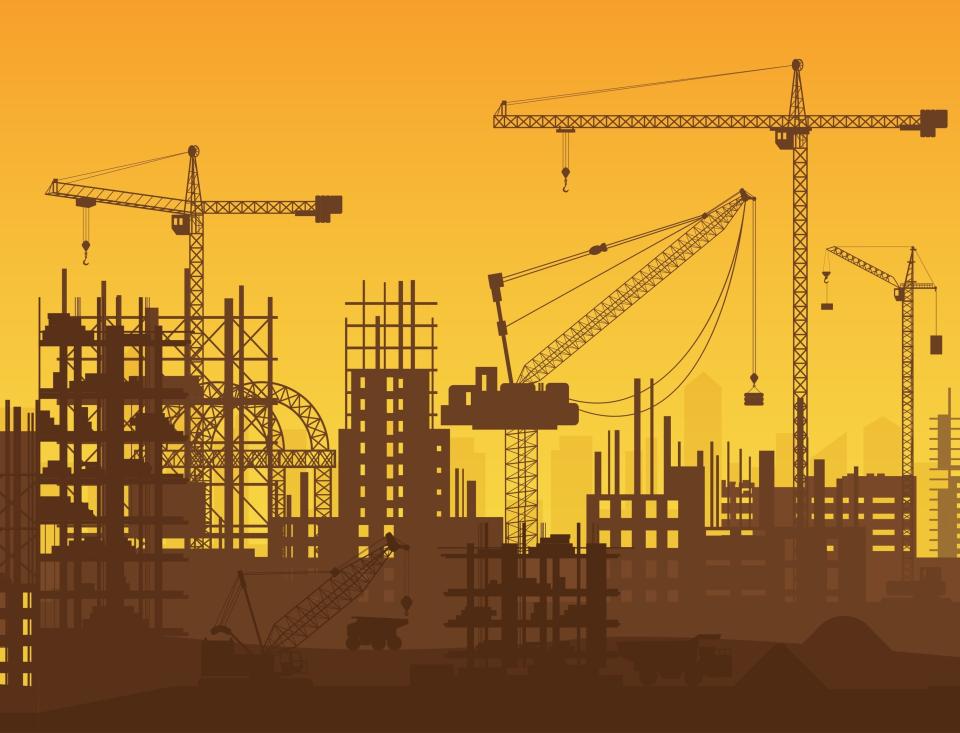An intense six months of political negotiations lie ahead for France following a raft of European Commission proposals designed to cut greenhouse emissions by 55% by 2030 and new circular economy regulation planned for construction products.
Dominique Bossan, CEO of Knauf Insulation Europe/Middle East/Asia, says: “France has an opportunity to take a firm and stable approach to lay solid foundations for effective European decarbonisation and a circular economy that really delivers.
“If France navigates negotiations with a commitment to consistency, harmonisation and a focus on energy efficiency first, I am confident the tone will be set for successfully achieving Europe’s 2050 ambitions to be the world’s first carbon neutral continent.”
So, how can this tone be effectively realised? By energising four key areas.
1 Focusing on energy efficiency
The Energy Efficiency Directive (EED) is an opportunity to allow the Commission to develop a methodology that can quantify energy efficiency and demonstrate its vital contribution to decarbonisation.
Such an initiative would enable energy efficiency to become an integral part of Member States’ national energy mix.
Recognition of energy efficiency as a critical national energy component would in turn act as a spur to businesses and public authorities and accelerate energy saving initiatives, particularly the deep renovation of buildings.
2 Putting energy efficiency first
Renewable energy must play a vital role in the decarbonisation of Europe. However, getting the sequence right is essential.
The cheapest energy is the energy that we do not consume.
That is why Knauf Insulation has always focused on putting energy efficiency first in buildings before introducing renewable energy supplies.
A future-proof building, powered by renewable energy must be very highly energy performing so that the excess of renewable energy can be used in other sectors, such as transport and industry.
When it comes to revisions of the Renewable Energy Directive France must maintain an energy efficiency first focus in every debate about decarbonisation.
3 Unlocking renovation finance
The proposal to introduce an Emissions Trading Scheme (ETS) for the fuel used by buildings offers unmissable opportunities to drive renovation across Europe.
The revenues raised from this scheme must be channelled into the decarbonisation of buildings and this means financing renovation initiatives.
For example, funding should be used to build and support local one-stop renovation services as well as develop the technical assistance they require to effectively carry out deep, quality building renovations.
It is essential that the most effective insight is made available before any renovation work takes place to ensure building projects are high quality and really deliver on their decarbonisation promise.
In addition, ETS funding must be used to ensure effective renovation for the 34 million Europeans who cannot afford to heat their homes in winter.
4 Delivering consistency
As buildings have such a huge environmental impact — accounting for 40% of EU energy consumed, 40% of waste and 36% of greenhouse gases — it is important that harmonisation, consistency and clear communication are at the heart of any discussions about changes to Construction Products Regulation (CPR) scheduled for early this year.
The CPR should be the one-stop shop for construction product regulation harmonising product performances technical language and requirements for every manufacturer to avoid a myriad of different initiatives sprouting up across Europe.
A significant aspect here is that the CPR should be the cornerstone of construction product circular economy requirements, harmonising requirements for what constitutes recycled content and clarifying what defines a product as recyclable. This move would ensure all manufacturers play by the same rules and universally understand what is expected of their products.
It is also critical that responsibilities between the different stakeholders of the construction supply chain remain as currently laid down by the CPR.






